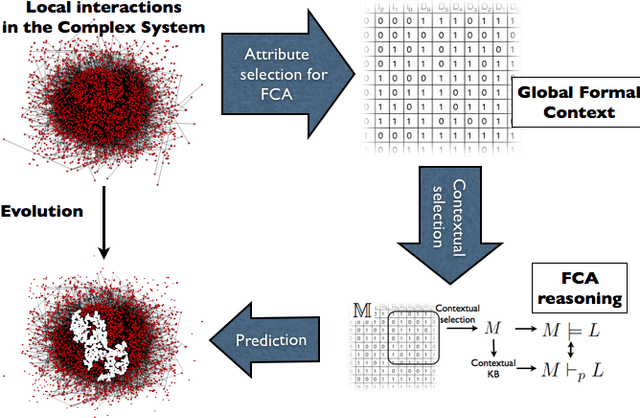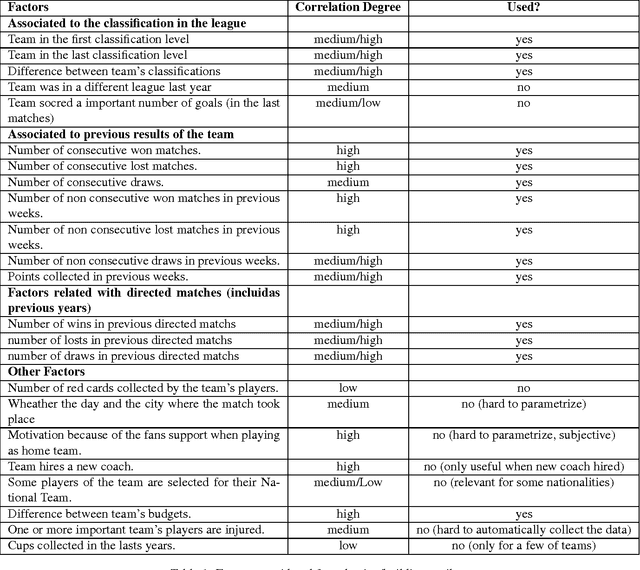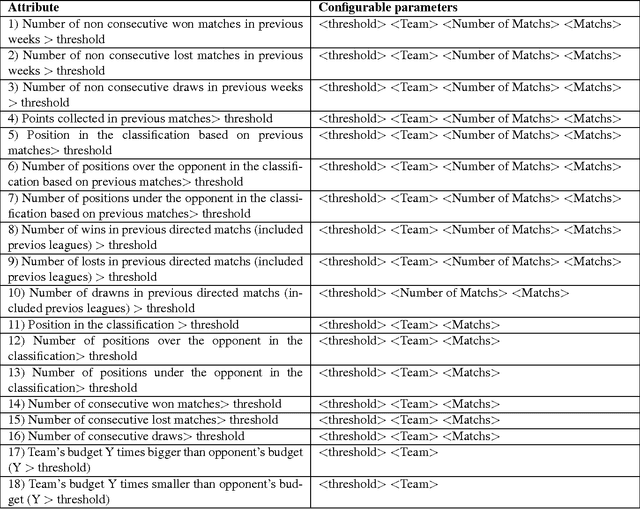Juan Galán-Páez
On the Soundness of XAI in Prognostics and Health Management
Mar 09, 2023Abstract:The aim of Predictive Maintenance, within the field of Prognostics and Health Management (PHM), is to identify and anticipate potential issues in the equipment before these become critical. The main challenge to be addressed is to assess the amount of time a piece of equipment will function effectively before it fails, which is known as Remaining Useful Life (RUL). Deep Learning (DL) models, such as Deep Convolutional Neural Networks (DCNN) and Long Short-Term Memory (LSTM) networks, have been widely adopted to address the task, with great success. However, it is well known that this kind of black box models are opaque decision systems, and it may be hard to explain its outputs to stakeholders (experts in the industrial equipment). Due to the large number of parameters that determine the behavior of these complex models, understanding the reasoning behind the predictions is challenging. This work presents a critical and comparative revision on a number of XAI methods applied on time series regression model for PM. The aim is to explore XAI methods within time series regression, which have been less studied than those for time series classification. The model used during the experimentation is a DCNN trained to predict the RUL of an aircraft engine. The methods are reviewed and compared using a set of metrics that quantifies a number of desirable properties that any XAI method should fulfill. The results show that GRAD-CAM is the most robust method, and that the best layer is not the bottom one, as is commonly seen within the context of Image Processing.
Selecting Attributes for Sport Forecasting using Formal Concept Analysis
Aug 04, 2011



Abstract:In order to address complex systems, apply pattern recongnition on their evolution could play an key role to understand their dynamics. Global patterns are required to detect emergent concepts and trends, some of them with qualitative nature. Formal Concept Analysis (FCA) is a theory whose goal is to discover and to extract Knowledge from qualitative data. It provides tools for reasoning with implication basis (and association rules). Implications and association rules are usefull to reasoning on previously selected attributes, providing a formal foundation for logical reasoning. In this paper we analyse how to apply FCA reasoning to increase confidence in sports betting, by means of detecting temporal regularities from data. It is applied to build a Knowledge-Based system for confidence reasoning.
 Add to Chrome
Add to Chrome Add to Firefox
Add to Firefox Add to Edge
Add to Edge